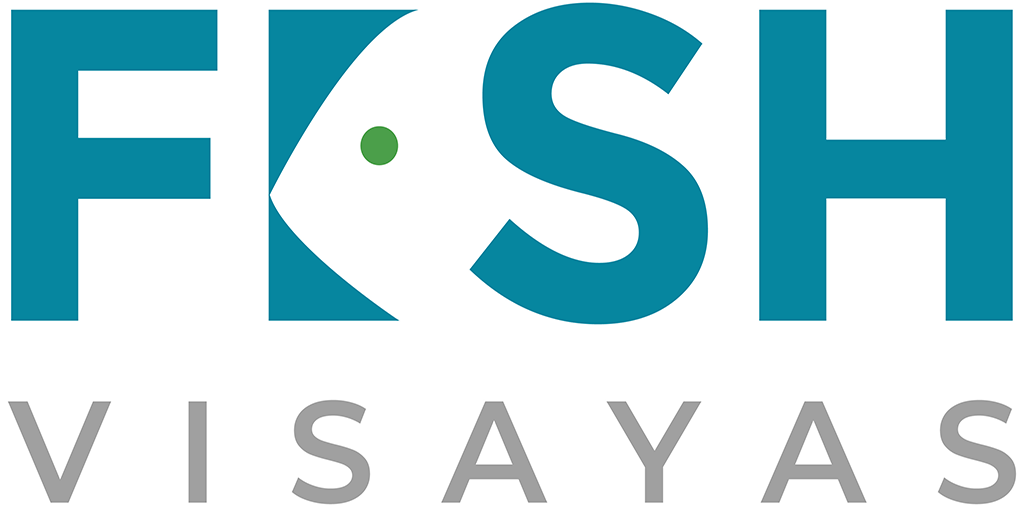AFOS, TESDA, and PCCI held a consultation meeting to discuss alternative livelihood on July 26, 2021 at NOCCI Conference Area, NOIPC Building, Dumaguete City, Negros Oriental.
The meeting was joined by AFOS Field Officer Noe Dela Paz, TESDA Provincial Director Joel Villagracia, and PCCI Regional Governor Edward Du. The face-to-face, informal meeting allowed the attendees to discuss the possibility of introducing technical skills for alternative livelihood.
In a region where livelihood is mainly agriculture and fishing, learning technical and alternative skills is crucial. This is especially true when the leading industries in the area are facing some tricky situations.
The knowledge and abilities required to complete specific activities are referred to as technical skills. Mechanical, mathematical, information-technology, or scientific tasks often relate to technical skills. Programming, complicated figure analysis, and the use of specialized tools are examples of typical technical talents.
In the professional world, people with technical abilities are known as “technicians,” including people with expertise in electronics or computers or software developers or programmers. It is necessary to have technical mechanics, science, mathematics, and information technology skills to carry out practical duties.
Most of the time, sophisticated technical abilities can only be acquired through formal schooling or training. For advanced technical talents, one needs a specific type of academic certification or training, generally with a lot of hands-on practice involved.
Moreover, every job needs a unique mix of talents, so technical skills are in high demand and critical for all careers for various reasons. They provide foundational knowledge while helping one develop the ability to work more efficiently and enhance confidence, ultimately becoming a valuable candidate to potential companies.
When compared to other basic profiles, technical professionals frequently earn more. Businesses are constantly looking for specialized educated workers since their clients want to work with highly skilled teams that can be trusted to produce the outcomes required. The technical skills needed for different job types and industries dramatically vary.
Technical skills can be vital in earning a living when regular livelihood becomes unavailable. Whether it’s for alternative or main income, individuals who have acquired technical skills can make use of such to earn some additional cash.
During the meeting, various possibilities of what could be done were explored. Mangrove Crab Training Institute, Professional Diving, and other skills training have surfaced during the consultation. NOCCI-PCCI has committed to help TESDA in the formulation of the training design with inputs from other NGOs.
